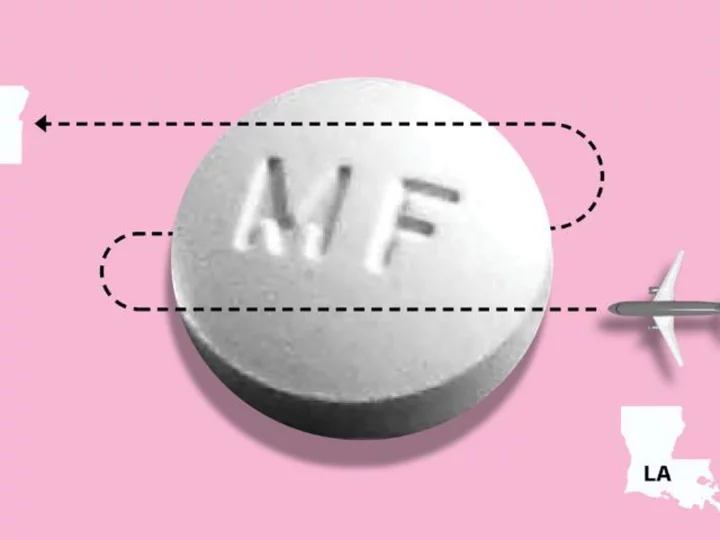Emma Heming Willis, actor Bruce Willis’ wife, provided an update on her husband’s health in a new interview with the Today show.
She said being a celebrity does not change the reality of living with a disease like frontotemporal dementia. “You know what I’m learning is that dementia is hard. It’s hard on the person diagnosed, it’s also hard on the family,” she explained. “And that is no different for Bruce or myself or our girls. When they say this is a family disease, it really is.”
Willis’ family first announced his diagnosis of frontotemporal dementia in March. At the time, they wrote they had the “deepest gratitude for the incredible outpouring of love” following the initial news.
Here we take a closer look at the condition, known as FTD.
– What is FTD?
FTD refers to a group of illnesses that primarily affect the frontal and temporal lobes of the brain, which are associated with behaviour, personality, and language, per the Mayo Clinic.
It’s often misdiagnosed as Alzheimer’s disease or a psychiatric problem, and it often begins between age 40 and 65. FTD accounts for between 10 and 20 per cent of all dementia cases.
– What causes FTD?
It’s not clear what causes FTD. Certain genetic mutations have been linked to the condition, but many people who develop FTD do not have a family history of the illness.
The NHS says that, like other forms of dementia, FTD tends to develop slowly and get gradually worse over the years.
– What are the symptoms of FTD?
There are two types of FTD – behavioural variant FTD (bvFTD) and primary progressive aphasia (PPA).
BvFTD, which results from damage to the frontal lobes of the brain, mainly causes problems with behaviour and personality.
PPA, when damage occurs to the temporal lobes on either side of the head nearest the ears, causes language problems.
Alzheimer’s UK says that FTD symptoms are “very different” to other more common types of dementia, such as day-to-day memory loss – adding that in the early stages of the disease, many people can still remember recent events.
The symptoms can be distressing to family members, as they include lack of judgment, inappropriate social behaviour, decline in personal hygiene, compulsively putting things in one’s mouth, and eating inedible objects. People may also show a lack of interest in their activities, which is sometimes mistaken for depression, and they may exhibit a lack of empathy.
– How is FTD treated?
According to Dementia UK, there is no prevention or cure for FTD and it is often best to “focus on practical strategies to help the person live as well as possible with the diagnosis”.
Willis’ family said that the lack of treatment for the disease was “a reality that we hope can change in the years ahead” with further research.
They added that they hope media attention will be used to raise more awareness of FTD.
“Bruce always believed in using his voice in the world to help others, and to raise awareness about important issues both publicly and privately,” they said.
“We know in our hearts that – if he could today – he would want to respond by bringing global attention and a connectedness with those who are also dealing with this debilitating disease and how it impacts so many individuals and their families.
“Bruce has always found joy in life – and has helped everyone he knows to do the same.”
Read MoreCharity boss speaks out over ‘traumatic’ encounter with royal aide
Ukraine war’s heaviest fight rages in east - follow live
Kate gives a lesson in autumnal power dressing in a green trouser suit
How can I boost my soil when I go peat-free?
See Cate Blanchett champion sustainable fashion at glamorous Giorgio Armani show









